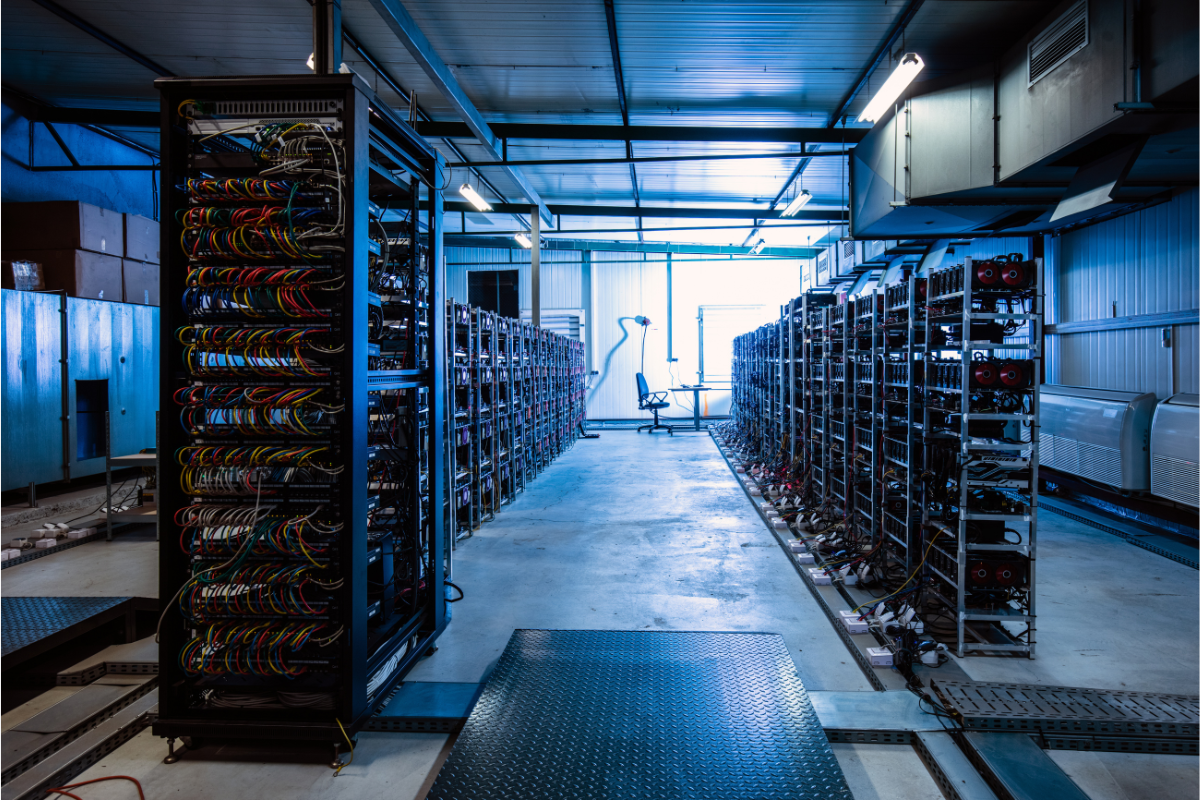Before the middle of 2019, less than 1% of the world’s population was aware of the phrase COVID-19. At the start of 2020 only 1% of the population was not aware of it. Before COVID-19, the world remembers that a pandemic occurred in 1918, influenza virus H1N1. Now, more than a century later the world is facing a parallel situation. However, this time many things have changed including technology, people’s needs, and social life.
The broadcasting industry was born in 1920 with AM Radio. A hundred years later, broadcasting is a completely different story, having grown from those humble beginnings to 16K resolution television. Over time the broadcasting has incorporated and adapted to new technology and the manpower has adapted constantly but gradually as the needs of the sector changed.
However, during the pandemic it felt like the industry was suddenly fighting against an invisible enemy, watching it spread among people, and there was no preexisting procedure telling us how to defeat it, no protocol, no document. This is the first time that the broadcast industry has faced the forces of nature in this way and to maintain an efficient, reliable, dependable broadcast operations facility during this time was a huge job: a unique challenge and experience.
In this situation it was very challenging to maintain our top priority: to secure the technical team. It would be better to call them technical warriors instead of technical staff.
It was critical to guarantee a sufficient stock of face masks, sanitizing liquid, gloves, temperature guns, etc. in advance and it proved difficult to manage during a global supply shortage. There were a couple of times when we had to import face masks and it was gratifying to see a very supportive attitude within the broadcast industry where teleports got together to help each other out by supplying required PPE (personal protective equipment) to those in more infected areas. Likewise, it was crucial to establish in-depth professional cleaning in the facilities and teleport twice a day.
In addition to all those challenges, it was—and continues to be—essential to follow the government guidelines. All eyes were on Italy as it was the first western country to have to deal with the emergency: the world was looking closely at the actions and consequential results. Provisions were constantly changing and being released on official websites, through live press conferences and on the Official Gazette, provisions that to this day are still monitored on a day-to-day basis. During the peak of the crisis, changes sometimes occurred hour-to-hour!
This unprecedented situation opened a whole new direction in the way of working. It required, therefore fostered, an environment with better communication and higher understanding among the team members, more efficient and productive work with less travel and remote meetings—all things that demanded sharper focus from the iKO team. Lockdowns were being implemented and that gave a boost to the broadcast industry, existing clients launched new services or extended their services to new regions; as iKO’s operational activity was 100% active, we were able to provide the full backing to our clients in order for them to extend their viewership.
“During these COVID times, most important of all is the warriors’ support: we overcame the most critical issues thanks to the positive, steady nature of the warrior team members, who acted in unison and went the extra mile to make what seemed impossible, possible.”





